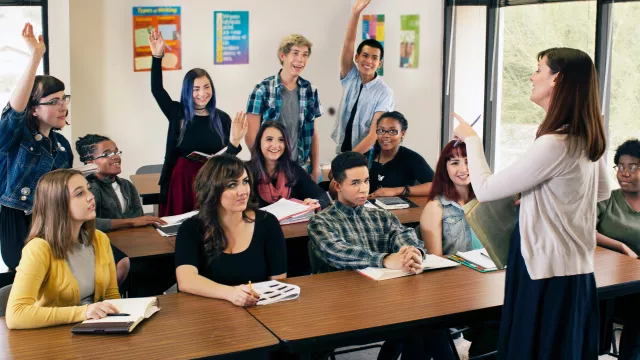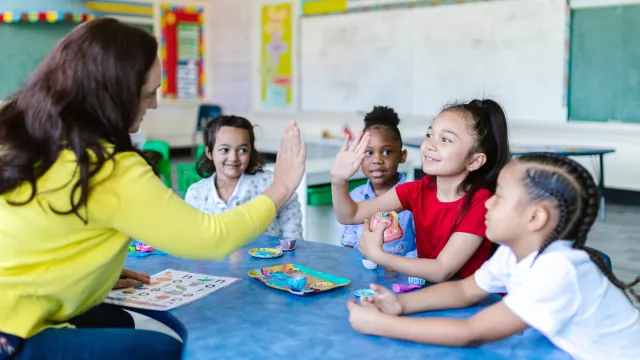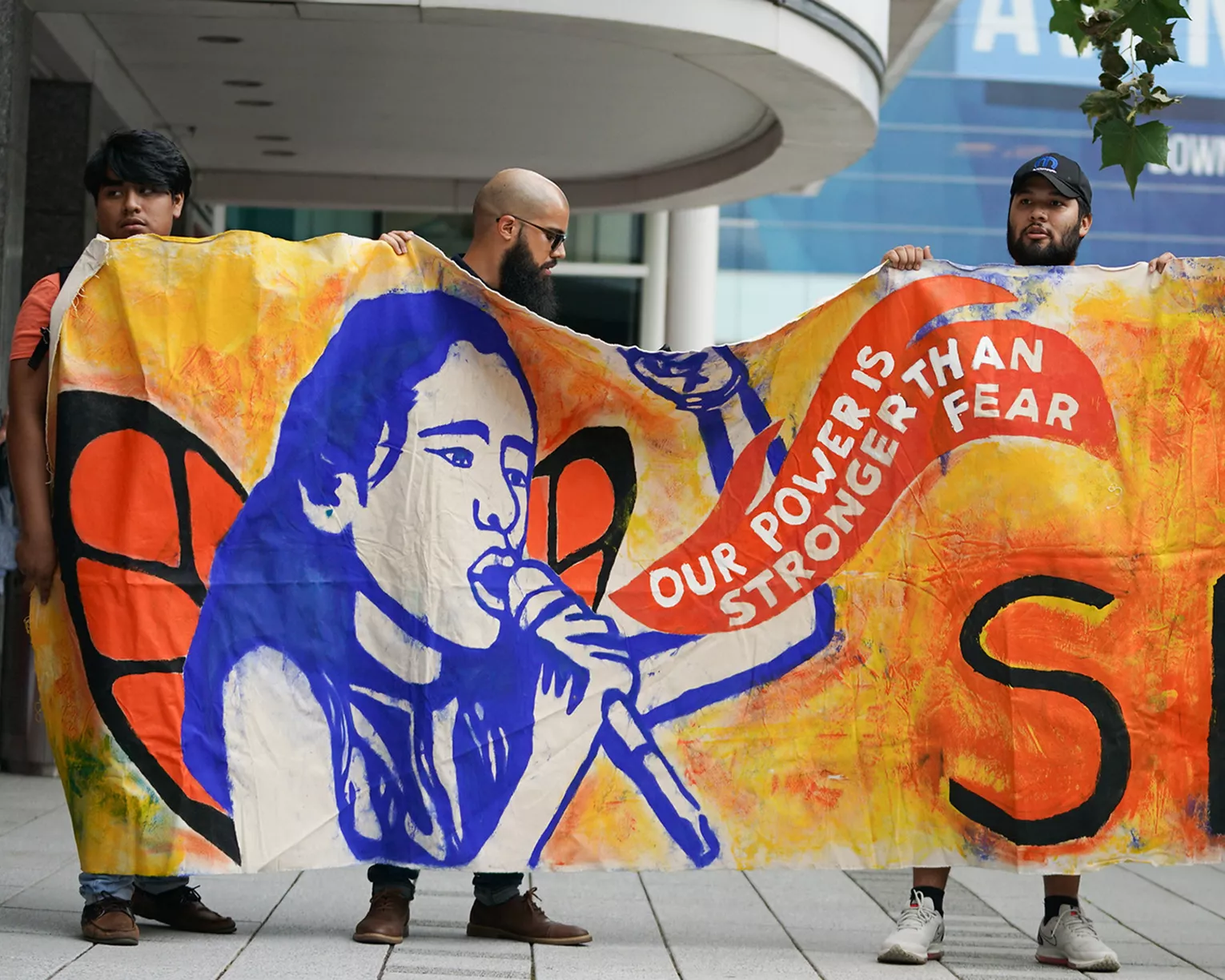How to use this toolkit
- Take action to advocate for racial justice by joining UEA's EMAC.
- Find out your rights in the classroom when teaching a full picture of our nation's history.
- Learn how racial bias in things like school resourcing and discipline impacts students of color.
Social and Racial Justice
UEA strives to create an educational landscape where everyone experiences equitable opportunities and outcomes regardless of their background.
Most of us believe that every child, no matter what they look like or where they come from, deserves a safe, just, and welcoming school where they can thrive.
But certain politicians try to divide us by sending police to monitor and punish Black and Brown students in schools that have been denied funding even to cover the basics while ensuring well-resourced schools with mostly white students have enrichment activities, teacher training, and parent engagement.
By joining together across race and place, we can rewrite the rules to ensure every student—whether Black, Brown, or White—has up-to-date learning materials that give a complete picture of our nation’s history, the support of educators who are prepared to foster dialogue on racial justice and its impact on students and communities and a well-resourced school environment.
UEA Equity Ambassador Program
Human and Civil Rights
In 1995, the Utah Education Association’s Human and Civil Rights (HCR) Program emerged from the Minority Affairs Committee. The UEA HCR Program actively pursues the following objectives:
- Propel a more inclusive human and civil rights program for our members.
- Ensure representation of ethnic minorities across all aspects of the organization.
- Heighten awareness of diversity in all its dimensions within our schools and among our members.
For inquiries or concerns regarding the UEA Human and Civil Rights Program, contact [email protected].
UEA Stands for Justice

Land Acknowledgement Guide

UEA Racial Justice Statement

Ethnic Minority Affairs Committee

Teaching the Truth in Utah

Know Your Rights Utah
Use Your Educator Voice.


